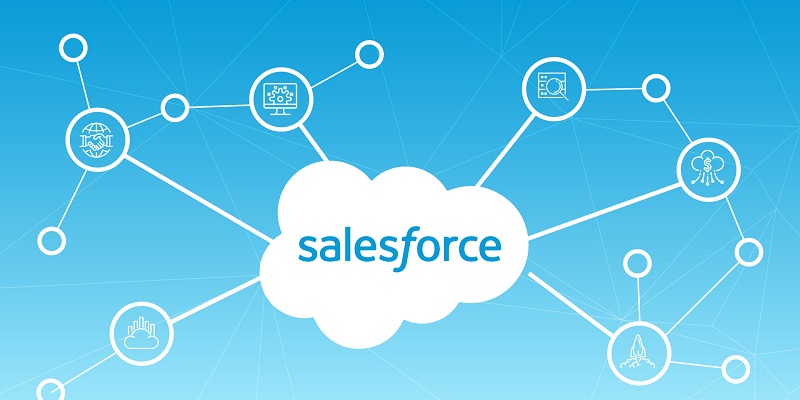Salesforce, a leading cloud-based software company, is making significant price increases for its Tableau legacy on-premise subscription licenses. This move comes as Salesforce aims to further drive its customers towards the Software-as-a-Service (SaaS) model. Additionally, the company faces pressure from investors to enhance profitability, according to reports from Gartner. These price changes are part of a broader industry trend, as the majority of SaaS providers have increased their prices over the past year. SAP and Microsoft have also implemented price hikes in recent months.
Industry trends
The SaaS industry has been reshaping pricing structures, with 73% of providers raising their prices within the last 12 months. This trend suggests that companies are looking for ways to maximize their revenues and improve profitability. In late July, SAP announced a modest increase of no more than 5% on their annual on-premises support fees. Microsoft, on the other hand, revealed price hikes ranging between 9% and 15% for their cloud products offered to customers in the UK and EU earlier this year. Salesforce’s decision to follow suit aligns with this industry-wide trend.
Impact on customers
The price changes introduced by Salesforce will impact both first-time customers and existing customers looking to purchase new cloud services. This shift in pricing may present challenges for renewing customers, as Salesforce recently reinstated a policy of imposing a price increase at the point of contract renewal. It is crucial for customers to be prepared for potential negotiation challenges and to consider the overall industry trends when evaluating these price adjustments.
Negotiability of prices
While Salesforce has announced new list prices, according to Gartner’s research note, these prices are negotiable. Customers may have room to negotiate deals and discuss pricing structures with Salesforce. It is recommended for customers to engage in open discussions with the company to explore potential flexibility in their pricing.
Specific price changes
One example of the price increases includes Salesforce’s Marketing Cloud Engagement product. The base cost for the “Corporate Edition” of this product is being raised to $4,200 per month, which represents a 12% increase from the previous pricing. This specific adjustment demonstrates Salesforce’s intention to bring its Tableau on-premises subscription license prices in line with SaaS fees, further signaling its commitment to migrating customers to the cloud.
Salesforce’s decision to raise prices for Tableau legacy on-premise licenses showcases its dedication to driving customers towards the SaaS model. This move is influenced by the broader industry trend of SaaS providers increasing prices to meet investor demands for improved profitability. While these price adjustments may create challenges for customers, it is important to note that negotiations are possible, and customers should proactively engage with Salesforce to explore flexible pricing structures. Additionally, customers should consider the overall industry landscape and take these changes into account when making decisions about their cloud software needs.

